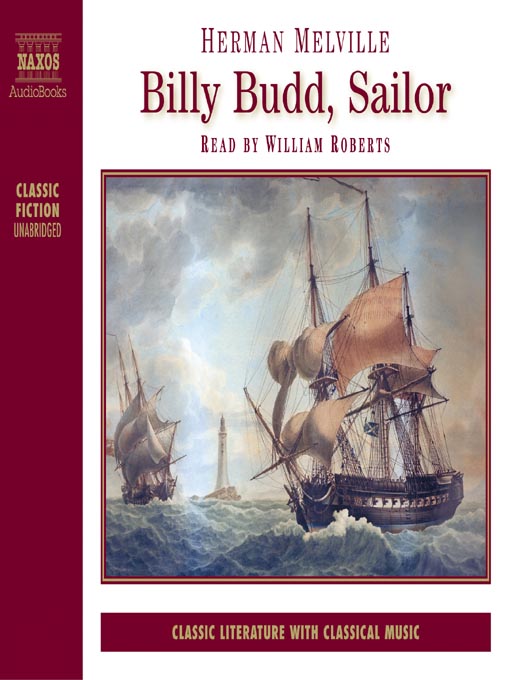
The following Blog will cover Topics of:
-Significance of the Soup Incident?
-Why does Claggart hate Billy (Other reasons for Claggart's hatred)?
-Why does Billy think Claggart is good?
-Reaction to being summoned?
-Billy's reaction to the charges?
Billy Bud is a short story about Billy who has been recruited to the naval warship H.M.S. Bellipotent, extracting him from the Rights-of-Man, a merchant ship. Billy, without any protest, packs up and follows the officer of Bellipotent. After his final goodbyes to his old mates, Billy settles in quickly among the company of Bellipotent. He is proved as the most capable cynosure and a foretopman and soon earns the affection of his more experiences fellow sailors.
As the story progresses, the narrator explains the character of John Claggart, the ship’s master-at-arms. Claggart seems to like Billy but deep inside he really hates and envies him. For example, the incident of when Billy accidently spills his soup over the deck signifies the fact that Claggart really despised Billy; he just makes false impressions of liking Billy. When Billy spilled the soup Claggart notices it and remarks on the handsome effect of its spill. At the comment, everyone laughs including Billy not knowing that Claggart was exaggerating at him. As Claggart continues on his way, he bumps into a drummer boy whom then he reproves for his carelessness. This incident directly shows that Claggart is putting a fake façade to make Billy think he likes him, but in reality through this incident Claggart got a chance to make fun of Billy without Billy not knowing anything.
Furthermore, along the passage, it is made clear that Claggart, after all, despises and hates Billy in all ways possible. Claggart is naturally depraved. This is significant to the whole text because it shows the nature of Claggart which later on in the story leads him to blame Billy for the mutiny which had occurred. In every appearance he seems rational, temperate and free from sin. The evil nature of him is not the result of cruel education or environment but its innate, “a depravity according to nature.” When he states, “handsome is as handsome does,” reveals what had turned him against the foretopman namely because of “his significant personal beauty.” In addition, Claggart hates Billy because he is jealous of Billy; he envies him because of his heroic good looks, because he can plainly see that Billy has never experienced envy himself.
Even though Claggart hates Billy, Billy, on the other hand, thinks that Claggart is good to him. This part of the story is signifact to the whole text because it shows the character and nature of Billy depicted throughout the whole text. It shows that Billy as a person is good to everyone no matter what. That’s one of the reasons why he thinks everyone is good including Claggart. Billy in general is innocent and unsophisticated among the group of sailors. Claggart maintains his hatred but presents a façade of good humored amity towards Billy. Because Billy is good natured naturally, he is less perceptive of ill will thus he even fails to notice when the armorer and the captain regard him with malice and suspicion.
Later on in the passage Claggart accuses Billy of the Nore mutiny and accounts this incident to the captain. Here Billy is seen as the Christ figure. Just as the innocent Christ had resisted the Satan, the innocent Billy has resisted Claggart’s attempt at bribery. Claggart is seen as the Satan as it was Satan who tempted Adam with disobedience. Billy is surprised to find himself in the captains office and when finds out as to why he was summoned, he is stunned. As he was flawed, whenever he is upset, he starts to stutter. In all, all this is significant in the overall story because it brings us back to the character of Billy and Claggart, and the Captain. At the end, the innocent one eventually is hanged to death going back to our theme of Adam (who Billy was compared to throughout the passage).